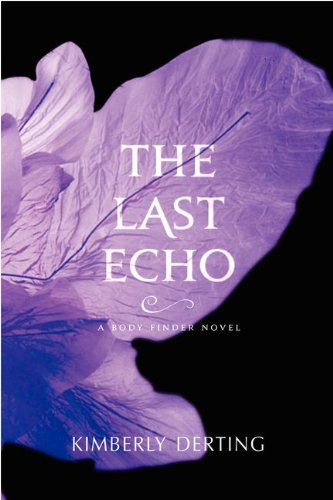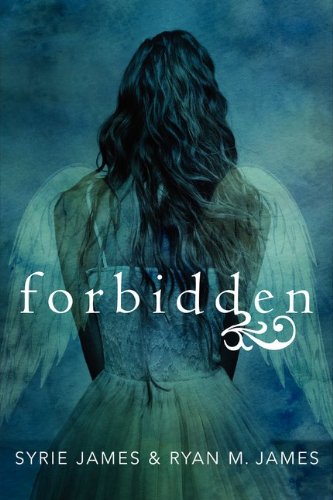Hello everyone! This week, thanks to The Teen Book Scene, we are going to be joined by Syrie James. She and her son, Ryan James, wrote a wonderful YA book that should be out later this month called Forbidden. I hope you enjoy this little chat with her.
Author
interview for Syrie:
1.
Was it different or difficult for you to get
the mindset of a teen to write Forbidden?
Not at all. I remember very clearly what it was
like to be Claire’s age, and I related to her completely. Plus, since I spent a
lot of time behind the scenes at my sons’ high school theater, it was easy to
put myself into their world—especially since we set the book at a version of
that same school.
2.
How did you decide who would write what parts
of the story?
We didn’t divide anything initially. We plotted
out the story and wrote the entire first draft of the novel together. I did a
major revision on my own after the book sold, because Ryan was busy working 60
hours a week and planning his wedding—but he then reviewed all my changes, and
we did another complete pass at the novel together.
3. When you're working on a novel, do you ever find
yourself switching over to screenwriting mode?
We tend to think of everything cinematically. All the elements that apply
when constructing a great screenplay (story, structure, pacing, and creating
something visual) are invaluable when writing a novel. Also, we wrote as much
exposition (the explanation of background information essential to the story)
as possible in dialog, which is a cinematic technique. In a movie, the only way
you understand exposition is when it’s shown visually by the characters acting
it out, or when a character explains it. We think it’s more interesting when
two or more characters discuss a subject (like the intricate history, politics,
or other details of a world), than to read about it in prose, like in a text book.
However, the act of
composing a novel is entirely different than a script. Whereas a screenplay is
basically an outline with dialog, a novel brings characters and settings to
life in full, dramatic, living color, with descriptions of everything, and the
addition of a character’s thoughts and feelings. We hope we bridged the gap
between the two mediums in an interesting way, by combining the best aspects of
each.
4.
If you could be a character in any book, who would you pick and
why?
Elizabeth
Bennet in Pride and Prejudice. Who wouldn’t want to marry the awesome Mr. Darcy
and live at Pemberley forever? J
5. Did you find that you and Ryan had the same vision
for Forbidden? Or did you each have certain aspects that the other wanted to
change?
The
idea for the book itself was a combination of both our visions. I wanted to write about a
teenage girl who begins getting psychic messages from a mysterious source, and enlists the
aid of a boy at school to solve the mystery. I always knew that a deeply felt
romance would develop between them, and that this young man should prove to be
far more involved and invested in the mystery than she ever anticipated.
Ryan
and I had also co-written and produced an independent film based on an idea of
his, about a young, lonely, supernatural action hero in a dark world, whose
heart's desire was to be human and lead a normal life. I thought it’d be a
great idea to combine both ideas. What if our hero left his supernatural
"job" forever, and tried to pass as human at a high school?
Ryan loved the concept,
and we decided to write the book together. We storyboarded the whole thing, and
began with a shared vision of the plot and the world. As the book progressed,
at times we had to stop and have long, meaningful discussions about the world
we’d created for these characters, and restructure the plot for better
pacing—but anything we might have disagreed on was minor, and easily resolved.
Ultimately, neither of us had to compromise anything for the sake of the other.
Thanks so much for joining us this week, Syrie! And please don't forget to check back for my review of Forbidden next week.
































